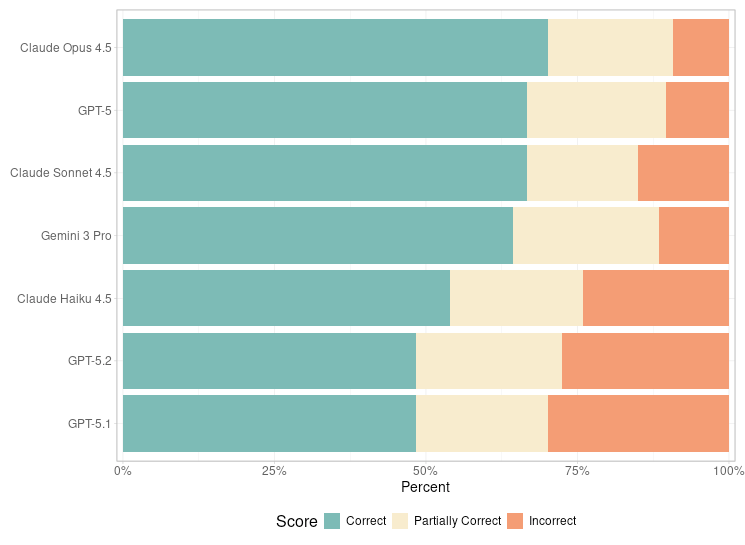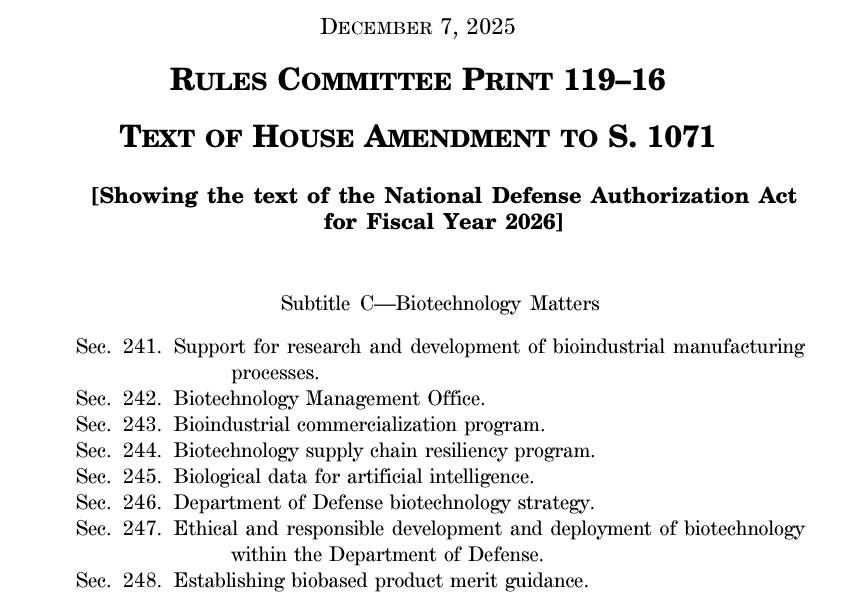
This blog was originally published on WFTHN As part of my PhD research, which explores and analyses representations of women in the Third Golden Age of Television,[i] I have been watching many female-centric series. During this research, I have noticed the recurring presence of a narratological device that was virtually non-existent before this period: the voiceover.







